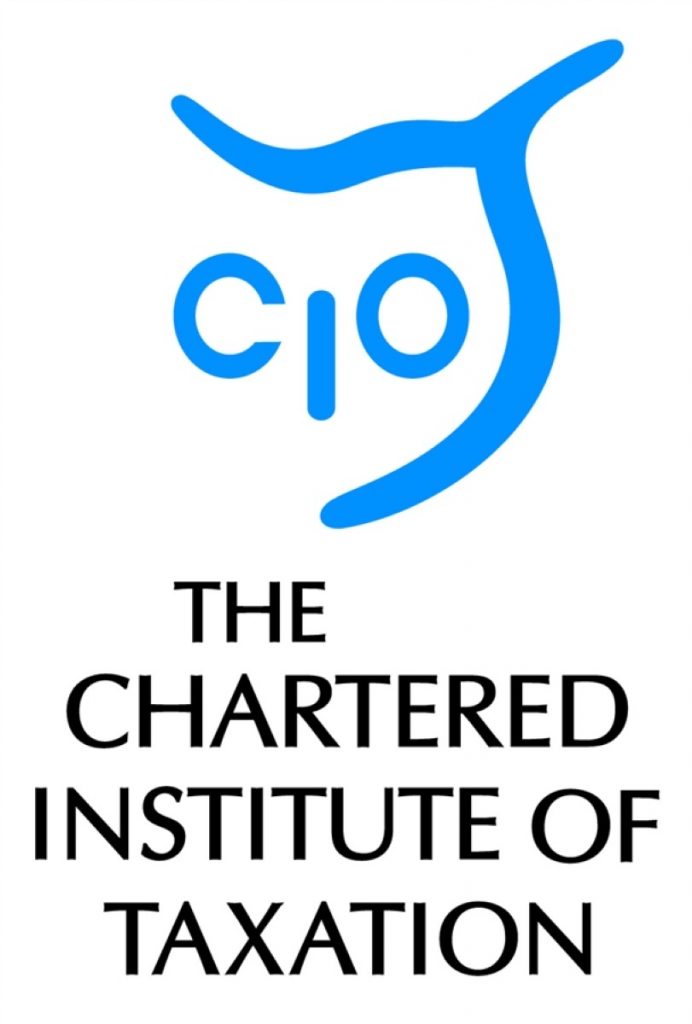Scotland devolution: Charity warns on income tax and welfare
The Low Incomes Tax Reform Group (LITRG) has recognised the potential benefits of tax devolution to Scotland but cautioned that full account should be taken of welfare benefits interactions in setting rates and thresholds of a devolved income tax.
LITRG’s comments were submitted to the Smith Commission1, set up by the Government to consider devolution of further powers to the Scottish Parliament, and to the Scottish Parliament’s Finance Committee.2
Joanne Walker, Technical Officer for the LITRG, said:
“Income tax is already being partly devolved by way of the Scottish Rate of Income Tax (SRIT). From April 2016 earned and rental income in Scotland will be subject to a devolved tax (SRIT) and a reduced rate of UK income tax. If powers to alter deductions, allowances and reliefs were devolved too this would significantly increase the burden on employers and the tax authorities resulting in many more individuals having to file tax returns.
“Our other area of concern is the interaction between income tax and welfare. If income tax powers are devolved, but powers over welfare benefits and tax credits are reserved, changes in income tax rates could have unintended consequences. Low income individuals may not benefit greatly from reductions in income tax because means-tested benefits are based on net income.
“Among the benefits being considered for devolution is housing benefit. As this is encompassed by Universal Credit it would likely be extremely difficult to unpick for the sake of transferring it to Revenue Scotland. Attendance allowance is another area likely to result in increased complexity; devolution would require a significant effort to communicate with the elderly and the vulnerable in order to ensure that payments continued seamlessly.
“Piecemeal devolution will further compound the complexity of the UK welfare system and it is vulnerable low income individuals who will bear the brunt of this complexity. Revenue Scotland, which will operate two devolved taxes from April 2015, will need time to establish itself. Devolution must be grounded in the principle of producing as simple a tax system as possible for those using it.”
Notes to editors
1. Besides the principal concern over the interplay between tax powers and welfare highlighted in this press release, the group also made a number of other key recommendations in their report. These include consideration of equalisation payments in the UK; adherence to the principles of certainty, efficiency, stability, simplicity and consultation in devolution design; development of an effective communications strategy to reduce uncertainty among taxpayers and a consideration of devolved tax models used in federal states such as Germany and Canada. The response of the Low Incomes Tax Reform Group to the Smith Commission can be read in full, here. Further information on the Smith Commission can be found here.
2. The full response of the Low Incomes Tax Reform Group to the call for evidence issued by the Finance Committee of the Scottish Parliament can be read in full, here.
3. The Low Incomes Tax Reform Group (LITRG)
LITRG is an initiative of the Chartered Institute of Taxation to give a voice to the unrepresented. Since 1998 LITRG has been working to improve the policy and processes of the tax, tax credits and associated welfare systems for the benefit of those on low incomes.
4. The Chartered Institute of Taxation (CIOT)
The CIOT is the leading professional body in the United Kingdom concerned solely with taxation. The CIOT is an educational charity, promoting education and study of the administration and practice of taxation. One of our key aims is to work for a better, more efficient, tax system for all affected by it – taxpayers, their advisers and the authorities. The CIOT’s work covers all aspects of taxation, including direct and indirect taxes and duties. Through our Low Incomes Tax Reform Group (LITRG), the CIOT has a particular focus on improving the tax system, including tax credits and benefits, for the unrepresented taxpayer.
The CIOT draws on our members’ experience in private practice, commerce and industry, government and academia to improve tax administration and propose and explain how tax policy objectives can most effectively be achieved. We also link to, and draw on, similar leading professional tax bodies in other countries. The CIOT’s comments and recommendations on tax issues are made in line with our charitable objectives: we are politically neutral in our work.
The CIOT’s 17,000 members have the practising title of ‘Chartered Tax Adviser’ and the designatory letters ‘CTA’, to represent the leading tax qualification.
James Knell
External Relations Officer
+44 (0)20 7340 2702





-01.png)